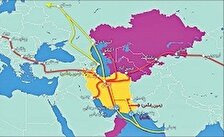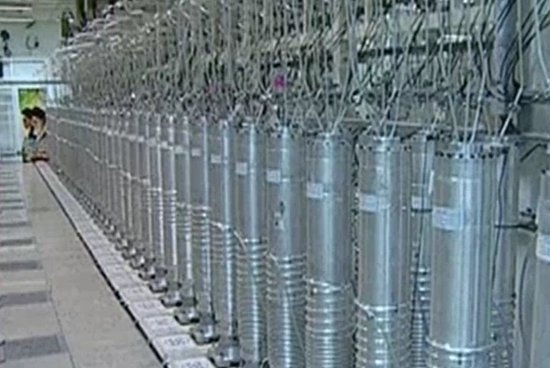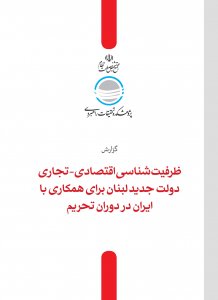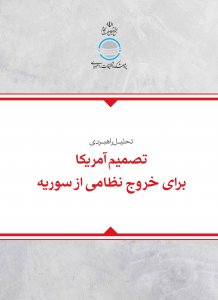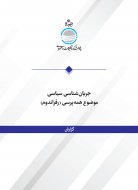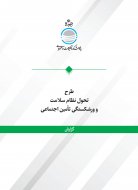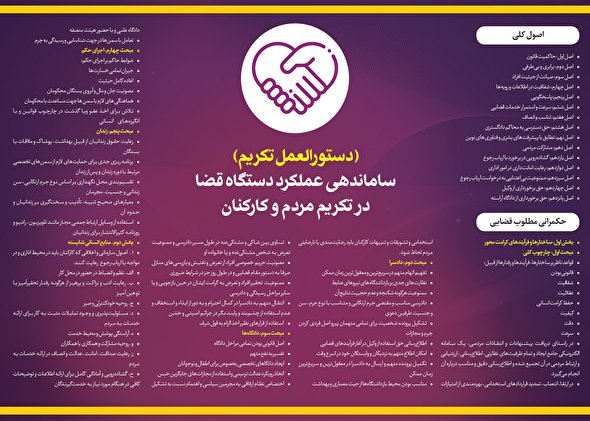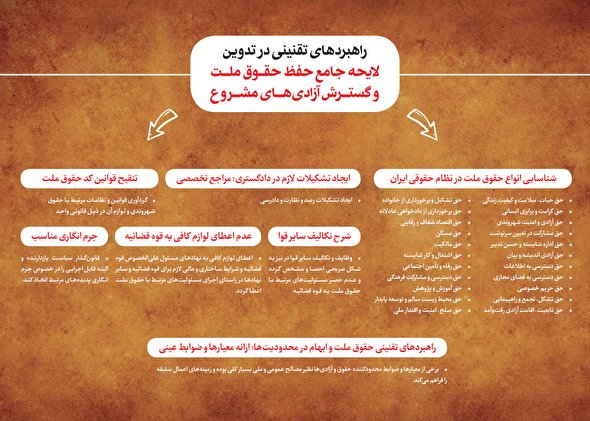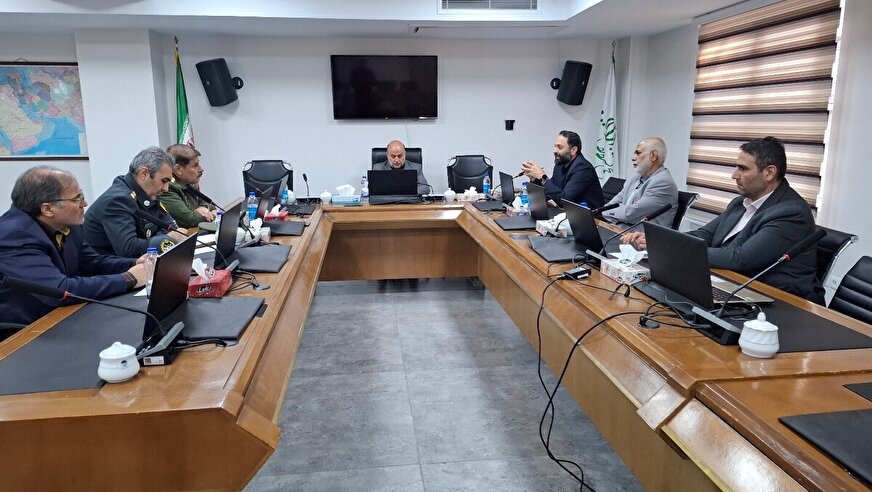
Political economy in the foreign policy of the Islamic Republic of Iran; Emphasizing the foreign policy of the developmental government
The relation between economics and politics in the domestic and international
spheres that shape economic diplomacy is essential for development. For this
reason, development-concerned governments put this at the forefront of their
policies. The present study also seeks to answer the main question: what is the
position (role and importance) of economics and especially economic diplomacy
in the foreign policy of the Islamic Republic of Iran during the last few decades?
The research claims that the mere attention to security issues and ignoring the
economic goals emphasized by the upstream documents in the foreign policy
orientations has caused the governments of the Islamic Republic of Iran not to
have a specific economic strategy in the regional and international environment.
The findings of the study indicate that the lack of specific economic strategies
has caused fluctuations in the foreign policy of the Islamic Republic of Iran
during the four decades of the revolution, especially since 1989. Foreign policy
pursuing cross-sectional policies in the political economy of the governments of
Iran and the failure to achieve the goals envisaged in the five-year development
plans are among the features of this period. Foreigners noted the impact of
sanctions. Thus, in this research, an attempt is made to study the mentioned issue
using a descriptive-analytical approach and relying on documentary sources.

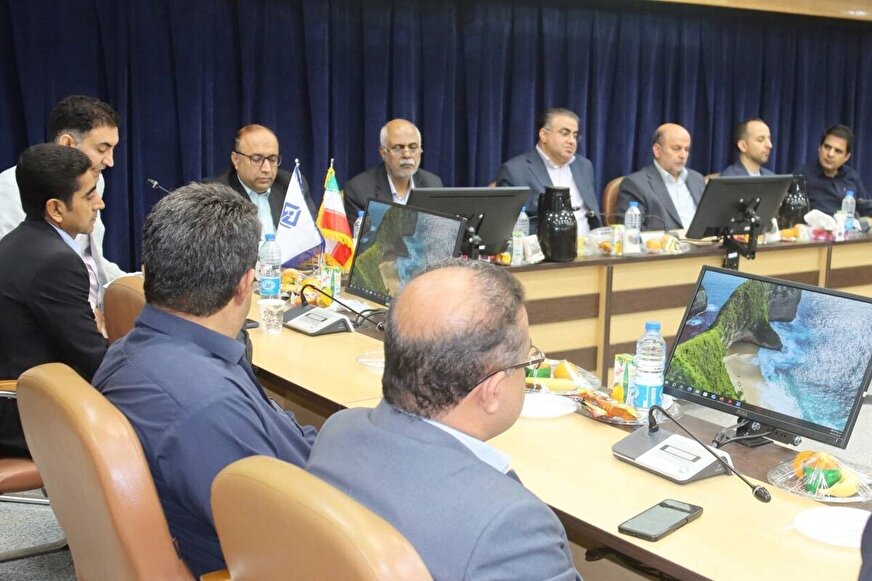
برگزاری نشست علمی تخصصی «طرح جامع توسعه سواحل مکران با رویکرد سیاستگذاری یکپارچه»
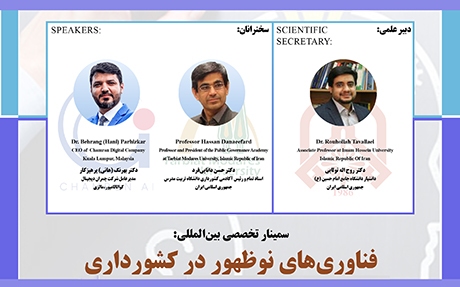
فناوریهای نوظهور در کشورداری
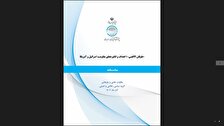
گزارش سیاستی با عنوان «طوفان الاقصی؛ اهداف و انگیزههای مقاومت، اسرائیل و آمریکا»
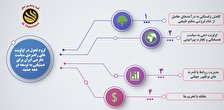
تحول در اولویتهای راهبردی سیاست خارجی ایران برای دستیابی به توسعه در دهه جدید
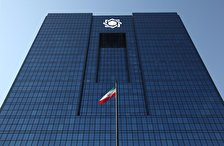
بررسی محدودیت ماهیانه بانک مرکزی بر روی ترازنامه بانکهای کشور
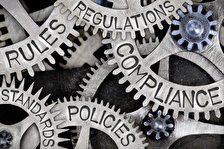
بایستهها و ضرورتهای تحقق دولت تنظیمگر

جذب سرمایه خارجی جهت توسعه صنعت نیمه هادی در کشور
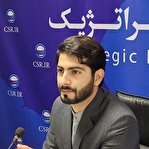
تبیین پنجاه سال روابط دیپلماتیک ایران و چین

ابزار مذاکره در دکترین سیاسی و امنیتی آمریکا
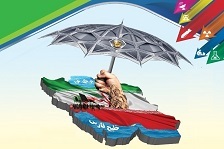
از بازدارندگی سنتی تا تابآوری هوشمند: بازآرایی سیاستهای پدافند غیرعامل در مواجهه با تهدیدات همهجانبه
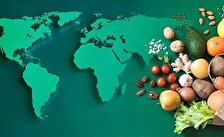
غذا، استقلال و امنیت ملی؛ بازخوانی امنیت غذایی پیش و پس از انقلاب اسلامی
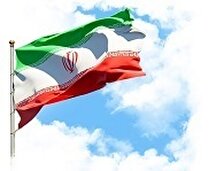
ترسیم چشمانداز آینده جمهوری اسلامی ایران؛ ضرورت تقویت مشارکت ملی برای ساختن رویای تمدنی
